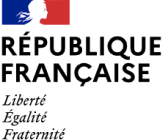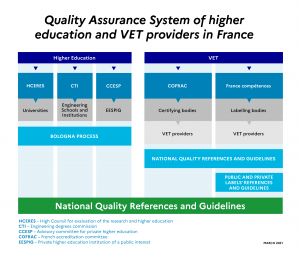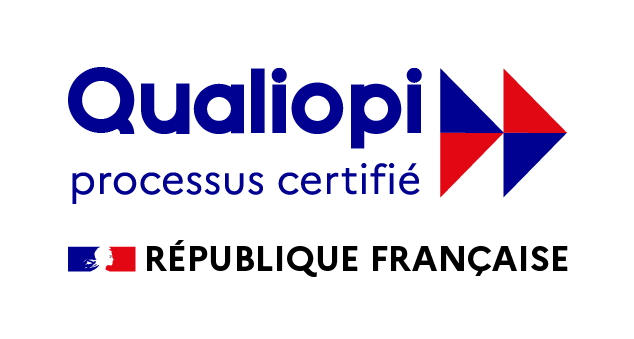The annual conference on the quality assurance ofOrganisme de formation training was held on 18th March 2025, providing an opportunity for the Ministries of Labour and Higher Education to reaffirm their commitment to the quality of vocational training and apprenticeship.
Organised by France compétences in partnership with the High Council for Evaluation of the Research and Higher Education[1] and the Engineering degrees commission[2], the aim of this conference is to ensure that the criteria for assessing the quality of training courses areAllocation d’aide au retour à l’emploi properly harmonised. In addition to the objective set by the ‘Professional Future’ law in 2018, it has also become a key annual meeting for the institutional players involved in the quality of vocational training.
Mr Hugues de Balathier, Deputy Chief Executive of France Compétences, opened the 4th edition of the conference by recalling the results of previous conferences and the work already done to harmonise quality indicators and develop the use of the Qualiopi brand in higher education.
This conference, which ensures that the quality assurance system is consistent and easy to understand, provided an opportunity to take a look on the progress of use of the Qualiopi brand by higher education institutions, with contributions from the main Ministries concerned by this subject. The conference then gave an interesting opportunity for discussion and personal insights. Representatives of institutions were able to present the quality initiatives undertaken within their organisations, which complement the Qualiopi certification and the HcéresHaut Conseil de l’évaluation de la recherche et de l’enseignement supérieur and CTICommission des Titres d’Ingénieur assessments.
Finally, the conference was an opportunity for the General Delegation for Employment and VET (DGEFPDélégation générale à l’emploi et à la formation professionnelle) to share the results of discussions of the “quality” working groups, led by the Ministry of Labour and involving apprenticeship and vocational training stakeholders, which took place in the second half of 2024. In particular, the subject of controls and their harmonisation was addressed, as well as current developments in professional qualifications.
On this occasion, the representatives of the Ministries of Labour and Higher Education reiterated their willingness to follow up on the work initiatives of the ‘Quality’ working groups and to continue their joint efforts, in particular with a view to consolidating the Qualiopi brand, by strengthening the indicators and audit procedures, particularly in the field of apprenticeship.
[1] Haut conseil de l’évaluation de la recherche et de l’enseignement supérieur (Hcéres)
[2] Commission des Titres d’Ingénieur (CTI)






